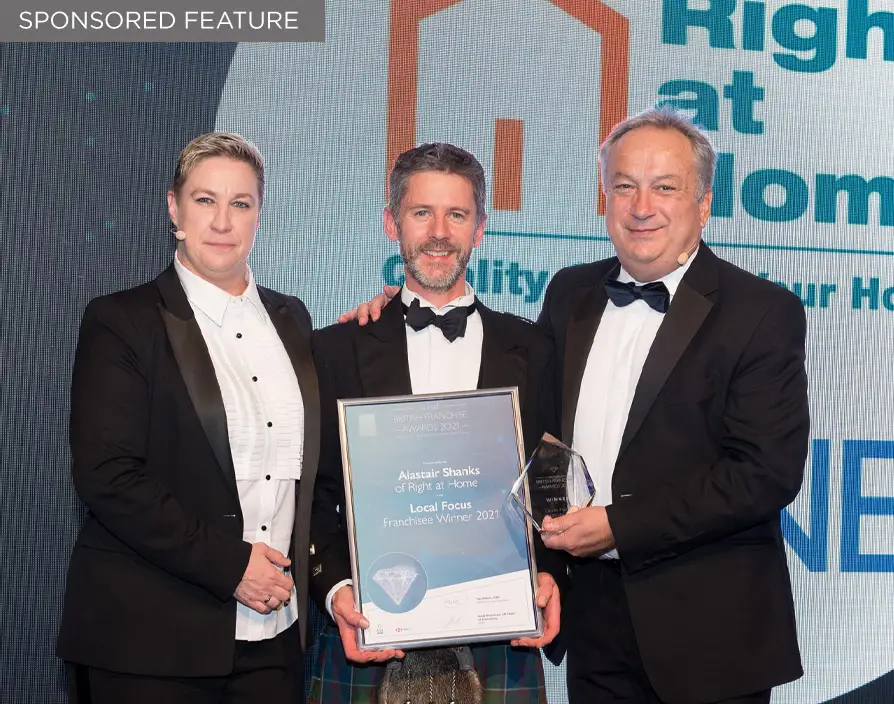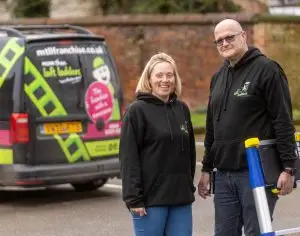It also taps into the question of how much control you want over the day-to-day decision-making in your new business.
For example, a brand might have national contracts with specific suppliers – and as they are supplying at scale, the Franchisee will pay less than if (s)he was a direct customer; but they are also obliged to keep using that supplier, regardless of how much they like or dislike the product or the people who sell it.
Cost savings, brand protection, visibility of operations – these are all valid reasons a franchisor might have for ‘locking down’ parts of their business model. In theory, the more a Franchisee has to do locally, the greater risk there is of them straying from the proven model or making mistakes which could incur lost revenue or reputational damage for both Franchisee and Franchisor.
Some Franchisees – especially if they have not run a business before – will place risk reduction as their top priority and be grateful for any decision the Franchisor makes on their behalf.
But the extreme of this is a role in which the business owner is, in essence, reduced to an operations director, responsible for delivery but with very limited capacity to influence strategy.
If you have a strong entrepreneurial spirit and would like the freedom to test new ideas in your business, then a highly inflexible Franchise system will only cause frustrations.
So, an element of self-reflection is advisable when researching franchise brands – how much independence do you want, and how much is being offered?
For Ken Deary, chairman and owner of the homecare brand Right at Home UK, offering Franchisees the right balance of autonomy and accountability was key.
“As Franchisor, it’s imperative that you have sufficient measures in place to protect your brand,” he said. “But I also wanted a model whereby we worked with Franchisees, learning from one another and developing the brand together.
“As a quality home care provider, we had to ensure high level compliance with the care regulators.
“But in terms of who we delivered services to, I felt that as long as appropriate margins, visit duration and quality indicators were maintained, the Franchisees needed to be able to flex and adapt their offering around the demographics of their territory and the way that care is commissioned locally.
“So while software systems, training and compliance standards are non-negotiable and essential to the brand, in most other areas our model has evolved so that we advise, rather than mandating, wherever possible.
“This way our Franchisees can rightly take full pride in their success, and they also know they are accountable when things don’t go to plan.
“That’s the reality of business, in my book. Franchisees need to take responsibility for making things happen, otherwise why go into business ownership?
“I felt comfortable giving Franchisees full control of their marketing budget, for example, rather than charging a levy – so responsibility for attracting and retaining Clients and staff sits at local level.
“This allows our franchisees flexibility in the way they develop their business and puts the onus on them to build a culture that reflects their passion for the business, while still working with the supportive framework of an established brand and a proven business model.”
Franchisee Alastair Shanks – a bfa Franchisee award-winner with a £2million+ operation – says this strategy was part of what attracted him to Right at Home.
“As new franchisees we received all the guidance, tools and resources needed to run the business, but Ken was very clear that success would ultimately sit at our own door.
“Right at Home UK give us a lot of support to devise and implement our own localised business development strategies, but the support team present themselves as ‘enablers’ who help us to make informed decisions. They don’t run our businesses for us.”

Ken’s advice for anyone considering franchising is to ensure you are fully comfortable with the balance of what you will be responsible for doing locally, and what the Franchisor will do on your behalf.
Specific areas to question are supplier contracts, marketing activity and spend; who will be accountable for generating leads or enquiries? Are contracts local or national? What restrictions would apply if you wanted to take a different route?
According to Ken, the real magic happens when a Franchisee is trusted and empowered to make the key decisions in their business: they recognise the Franchisor’s ability to guide them in the right direction, based upon collective experience; but also feel able to innovate and challenge the status quo.
“We go down a route of selecting franchisees with good business acumen; then giving them the tools they need to succeed. But it’s only by listening to one another and working collaboratively that we can adapt and ensure Right at Home remains a leading brand in the quality care sector,” he says.
This article comes courtesy from Right at Home the UK’s most highly recommended provider of one-to-one homecare. Supporting people to live independently, and with dignity, in their own homes.
































